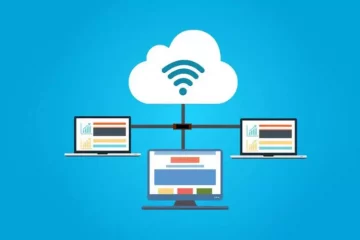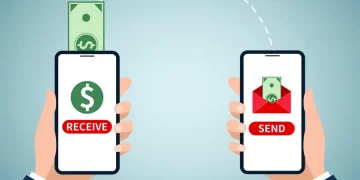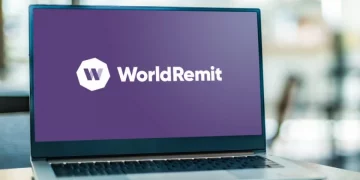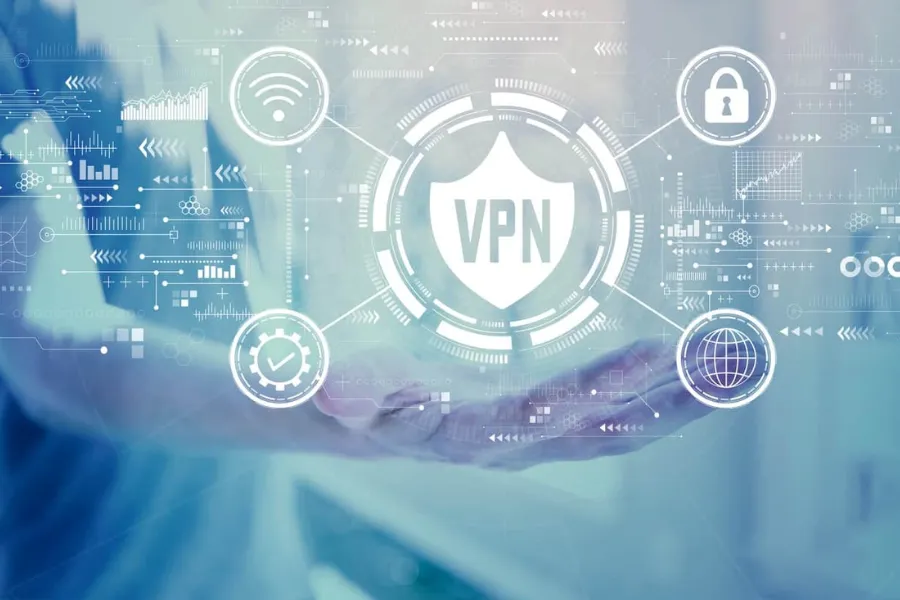
Best Free VPN for Android | Goskat
In a period where the internet has become an integral part of our lives, icing online privacy and security has never been further critical. Virtual Private Networks( VPNs) have surfaced as an important result to cover our digital footprints and safeguard sensitive data from implicit pitfalls. In this blog, GoSkat will claw into the world of VPNs, exploring what they are, the benefits of VPNs, three compelling reasons to trust a VPN, and a comprehensive look at the pros and cons of using these inestimable tools.
What is a VPN?
A Virtual Private Network, or VPN, is a technology that establishes a secure and translated connection between users’ devices and the internet. When active users connect to a VPN, their internet traffic is routed through a secure server, effectively masking their IP address and cracking their data. This encryption ensures that indeed if interdicted, your information remains safe from unauthorized realities, furnishing you with enhanced online privacy and security.
Benefits of VPN:
1. Enhanced Online Privacy:
One of the benefits of VPNs is the jacked position of online privacy it offers. By cracking your internet traffic and hiding your IP address, VPN offers security for your online conditioning from implicit hackers, cybercriminals, and indeed your Internet Service Provider( ISP). This means that your sensitive data, like your passwords, your credit card information, and your browsing history will be secure and inapproachable to prying eyes.
2. Bypassing Geographical Restrictions:
Numerous online services and websites apply geo-restrictions, limiting access to content grounded on the user’s location. The benefits of VPNs are that it allows you to bypass these restrictions and let you connect to servers in several countries. This not only subventions you access to region-locked content but also enables you to enjoy streaming services, websites, and platforms that may not be available in your current position.
3. Securing Public Wi-Fi Connections:
Public Wi-Fi networks like Wi-Fi in cafes, airports, and hotels, are often not secured and are vulnerable to hacking attempts because they are public. When you use a VPN on public Wi-Fi, your data is translated, guarding it against implicit eavesdroppers and ensuring that your online activities stay private and secure.
Also Read: Advantages Of Dedicated IP VPN: A Secure And Reliable Connection
Top 3 Reasons to Trust a VPN:
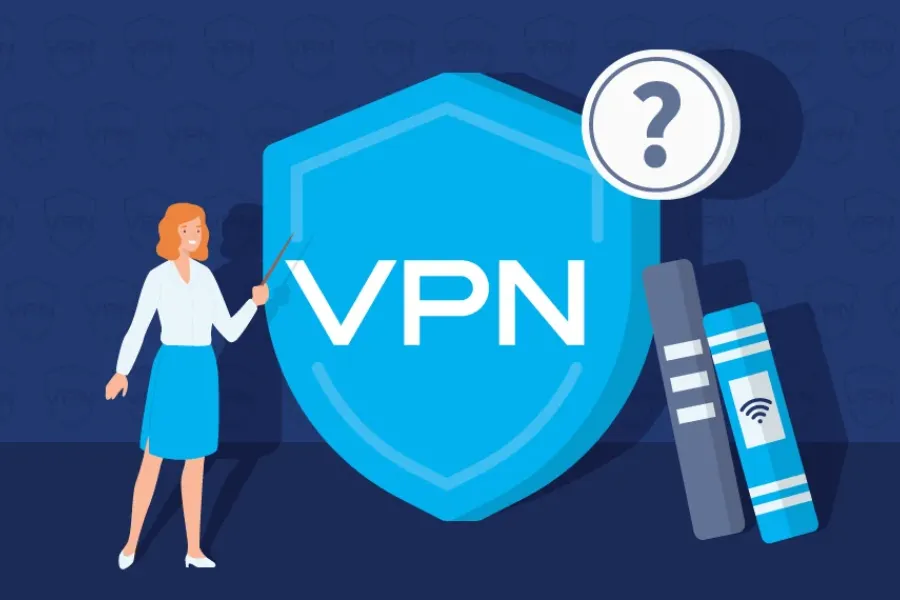
Top 3 Reasons to Trust a VPN | Goskat
1. Robust Encryption and Security Protocols:
When you use a secure VPN provider, like NordVPN and ExpressVPN, they use industry-standard encryption protocols, similar to AES-256, to secure your data. Also, they apply multiple security features, similar to kill switches and leak protection, to insure that your connection remains secure at all times.
2. No-Logs Policies:
Estimable VPN services follow strict no- logs programs, meaning they don’t store any records of their users’ online conditioning. This commitment to privacy ensures that indeed if requested by authorities, the VPN provider can not give any data of its user, enhancing trust and translucency.
3. Independent Audits and Transparency:
Some leading VPN providers do independent security checkups to validate their no-logs claims and overall security structure. These audits, conducted by estimable third-party companies, add some layer of trust and responsibility, giving users confidence in the VPN’s commitment to their privacy.
Eventually, the decision to use a VPN should be grounded on individual requirements and the desire for heightened security. As internet users become aware of their digital footmark, VPNs continue to play a vital part in empowering them to take control of their online gests and cover their particular information from implicit pitfalls. With the right VPN and a commitment to responsible online practices, users can confidently navigate the internet, knowing that their private data is well saved.
Also Read: The Best Firefox VPNs: Unleashing The Power Of Privacy And Security
Pros and Cons of VPN:
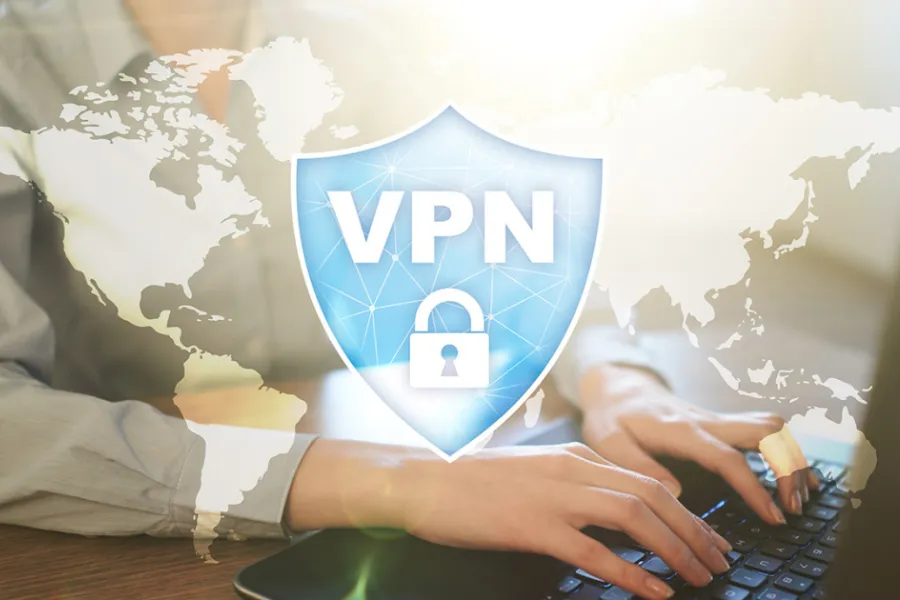
Pros and Cons of VPN | Goskat
It’s pivotal to be apprehensive of the pros and cons of using VPNs before integrating them into your online routine. While VPNs offer multiple advantages, implicit speed reductions, and subscription costs should be considered.
1. Pros:
Online Anonymity: VPNs mask your IP address, making it delicate for websites and advertisers to track your online conditioning and preferences.
Data Encryption: By encrypting your internet traffic, VPNs cover your sensitive data from implicit hackers and cyber threats. This is one of the primary benefits of VPN.
Bypassing Censorship: In regions with strict internet suppression, VPNs allow users to access blocked websites and services.
Secure Public Wi-Fi: VPNs make sure that your data remains safe and private when using public Wi-Fi networks, you can freely use public Wi-Fi.
Access to Geo-Restricted Content: With NordVPN, you can access region-locked content and streaming services from anywhere and anytime in the world, it is one of the top benefits of VPN.
2. Cons:
Potential Speed Reduction: The encryption and rerouting of data through a VPN may cause a slight reduction in internet speed.
Subscription Costs: While some VPNs offer free plans, premium VPN services often require a subscription fee.
Blocked Connections: Certain websites and platforms actively block VPN connections, limiting access to their content.
Conclusion:
In a digital age where data breaches, cyberattacks, and online surveillance are on the rise, the benefits of VPNs have surfaced as essential tools for securing our online presence. The benefits of using a VPN, similar to enhanced online privacy, bypassing geographical restrictions, and securing public Wi-Fi, make it an important supporter in today’s connected world. Trusted VPN providers like NordVPN and ExpressVPN offer robust security measures, strict no-logs programs, and translucency through independent audits, inspiring confidence and trust among users. For more information, visit NordVPN and the official website of GoSkat.
FAQ’s:

